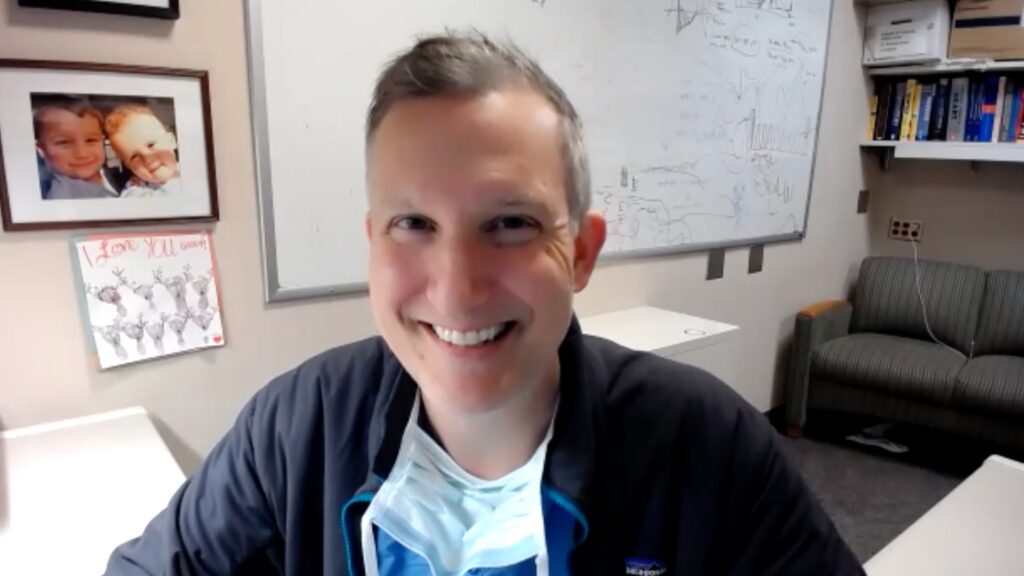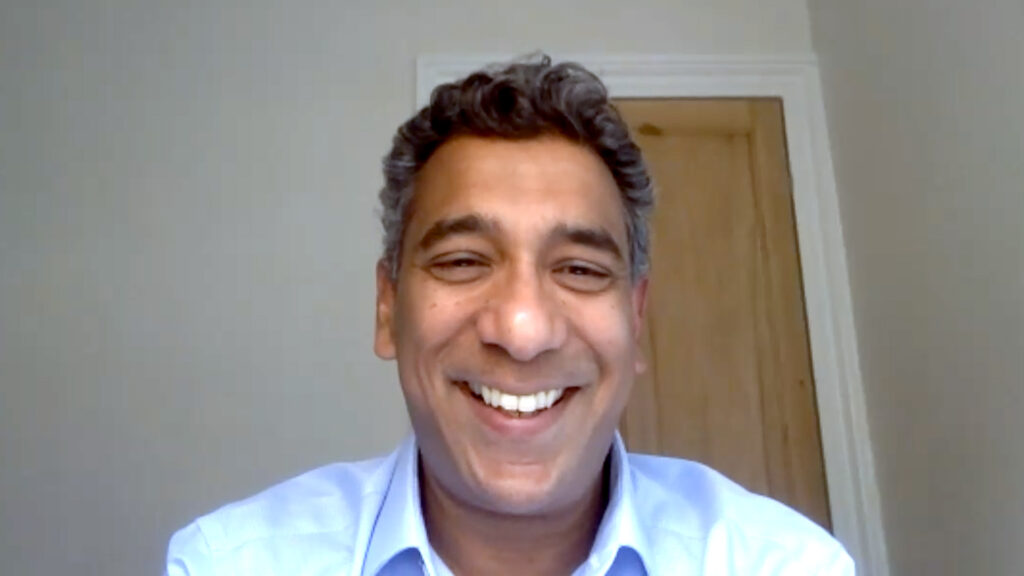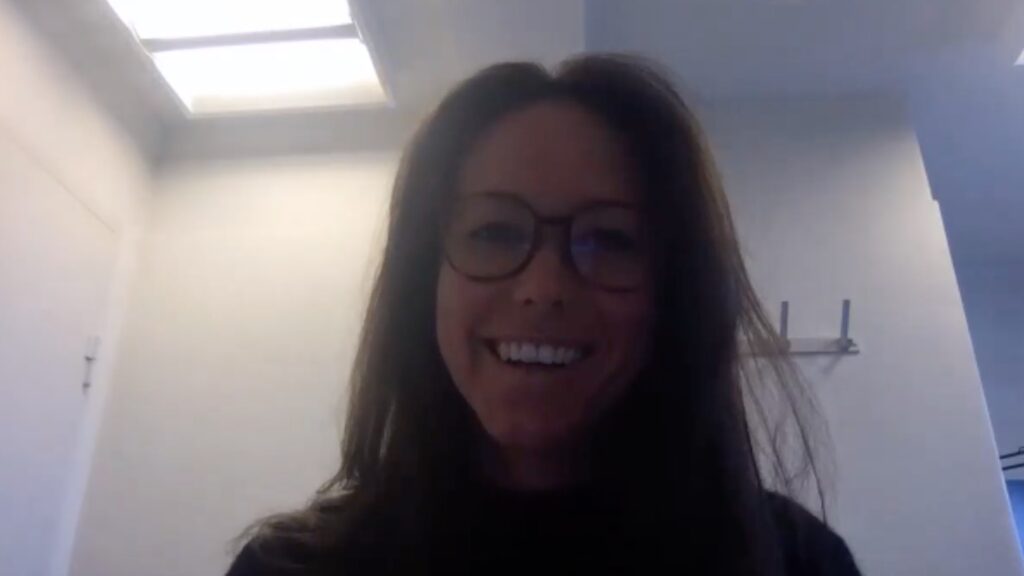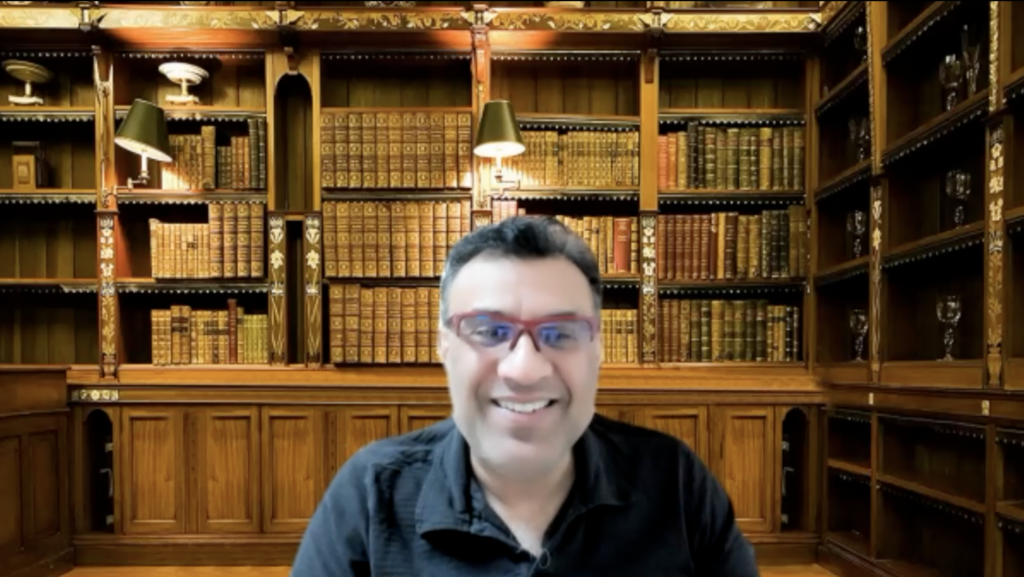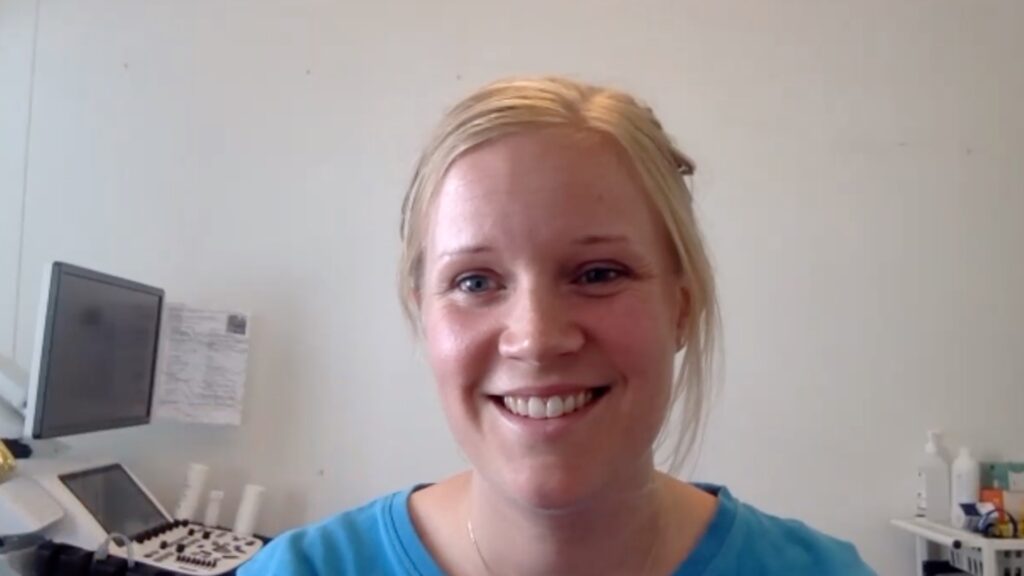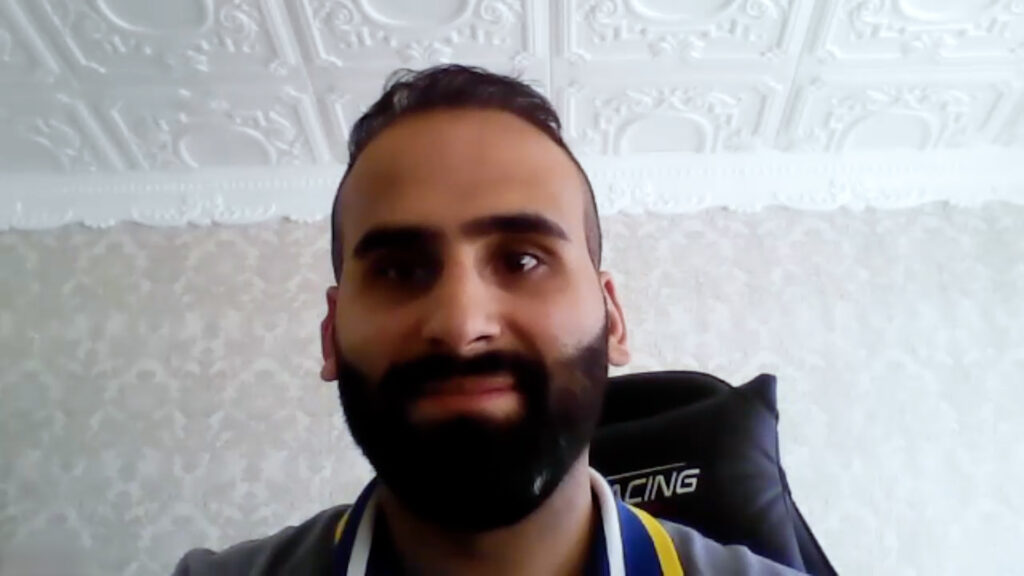Sodium-glucose co-transporter 2 inhibitors (SGLT2i) have displayed clinical significance reductions in the risk of heart failure hospitalizations. In this touchCARDIO interview, we speak with Dr Barry Borlaug (Mayo Clinic, Rochester, MN, USA) to discuss clinical trials using SGLT2is in patients with heart failure.
Dr Borlaug presented an abstract entitled ‘Evaluation Of The Mechanism Of Benefit For Dapagliflozin In Heart Failure With Preserved Ejection Fraction: An Invasive Hemodynamic Randomized Trial’ at ACC.23 Together With WCC (ACC.23/WCC) in New Orleans, 4–6 March 2023
Click here to view Dr Borlaug’s video on the hemodynamic randomized trial
Question:
What have previous clinical trials taught us about sodium-glucose co-transporter 2 inhibitors (SGLT2i) and what questions remain unanswered? (0:17)
Disclosures: Barry Borlaug is a consultant for Aria, Boehringer Ingelheim, Edwards, Eli Lilly, Imbria, Merck and VADovations, and has received grant/research support from Astra Zeneca, Corvia, GlaxoSmith Kline, Medtronic, Mesoblast, NIH/NHLBI, Novo Nordisk and Tenax.
Support: Interview and filming supported by Touch Medical Media. Interview conducted by Danielle Crosby.
Filmed as a highlight of ACC 2023
Access more content on Heart Failure here
Transcript:
My name is Barry Borlaug. I’m a cardiologist and Professor of Medicine at Mayo Clinic in Rochester, Minnesota.
Q: What have previous clinical trials taught us about sodium-glucose co-transporter 2 inhibitors (SGLT2i) and what questions remain unanswered?
Well, it’s a good question. I mean, SGLT2 inhibitors were really discovered by serendipity because the FDA required large trials to show cardiovascular safety and they were serendipitously shown to reduce the risk of heart failure. That was then later tested prospectively in patients with heart failure with reduced ejection fraction, and then most recently in patients with heart failure with preserved ejection fraction (HFpEF).
And across the board, we have seen a significant and clinically meaningful reduction in the risk of heart failure hospitalizations, the combined endpoint of heart failure hospitalization and cardiovascular death. These drugs also improve quality of life and there’s some evidence that they improve functional capacity as well in patients with HFpEF. But like I said, they were discovered serendipitously. Although there is a lot of speculation about the mechanism of benefit, no one really knows and that’s an important sort of unmet need that we need to fill.
Subtitles and transcript are autogenerated






